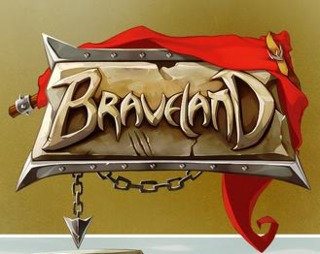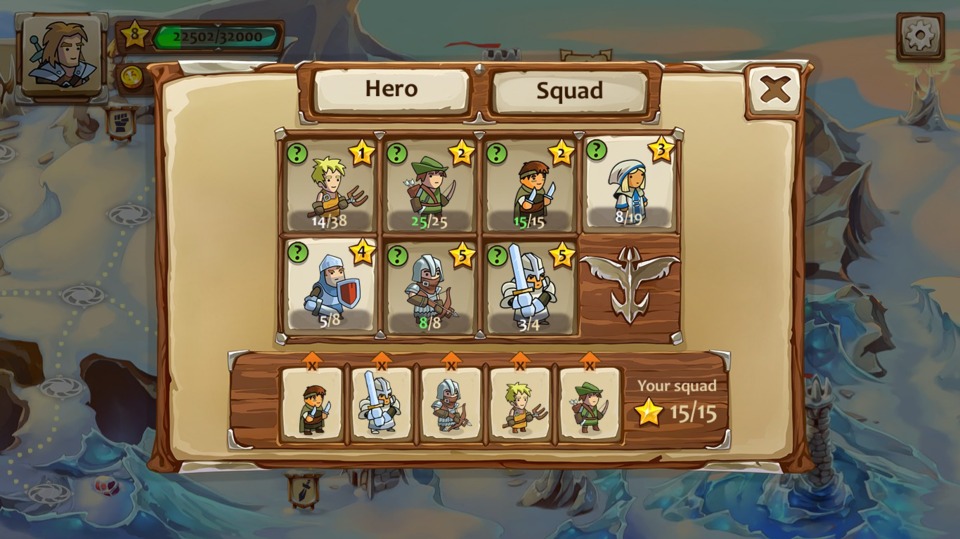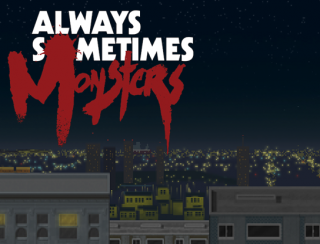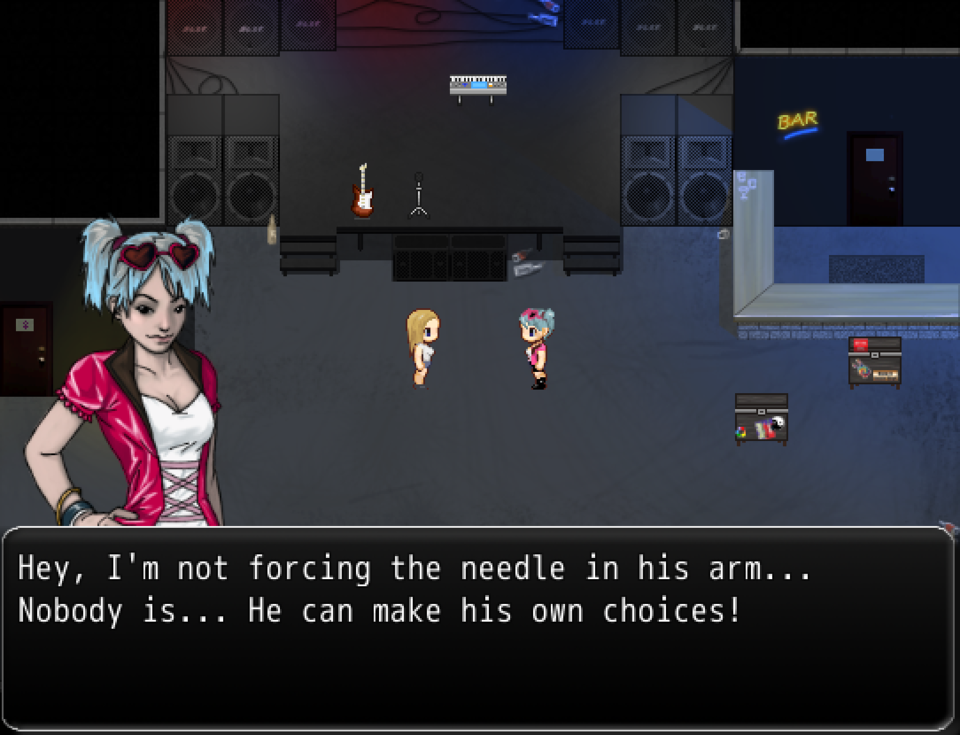Go! Go! GOTY! ~Day Eight~ (Braveland + Always Sometimes Monsters)
By Mento 0 Comments
Day Eight

- Game: Braveland
- Source: Groupees's Be Mine 15 Bundle
- Started: 07/12
- Ended: 08/12
Braveland turned out to be fairly short in the end (though it does end with an ominous "End of Book One" line after the epilogue), but I still enjoyed my brief time with it. I won't go into my antipathy with the Mad Stackz system again, but the game manages to do a lot with a little, which is high praise for an iOS/Android game where resources are generally thin on the ground and a compact but satisfying product is ideal. More ideal still if you don't jam in microtransactions somewhere, which Braveland avoids doing despite ample opportunities for it. (At least, there aren't any with this Steam port.)
As discussed last time, Braveland's a strategy game where the player is an oddly well-built peasant who's tired of all these bandit attacks consarnit, so raises an army of other farmers and scouts before eventually recruiting healers, crossbowmen and knights to their forces. Though there's a scant seven unit types, and only about twice as many enemy units, there's enough strategizing in the form of who to take with you, which units to bolster with new recruits and whether or not to spend that money instead on new equipment which adds passive buffs to the whole army. You can also (and are advised to) make detours to obelisks which boost stats permanently, statues that widen the player's spellbook repertoire which can be activated after enough damage has been received, and new vendors and recruitment locales. I leaned pretty heavily on the HoMM comparison last time, and while you aren't building up some stronghold somewhere, you do go out of your way a lot for nodes and treasures lying just off the beaten path, perhaps with a particularly tough encounter guarding them.

I actually started to appreciate the level of strategy in the fights too. For instance, I learned very late on that if you leave an enemy stack alive with such a small number that they cannot possibly do much harm to your units, they will still add to the "fury" gauge whenever they ineffectually bat at your armored front-line. This fury gauge is what allows the player to activate the aforementioned spells earned from statues: they range from a relatively strong fire arrow attack on a single unit, to a buff that greatly increases the movement range of a unit (great for cumbersome knights), to a buff that boosts the entire army's morale to a massive firestorm spell that hits up to three enemy units. Finding a way to build up this gauge quickly is a handy way to turn a battle in your favor. Likewise, a judicious use of the "wait" function, used after moving your units almost as far as they can go (moving that last space ends their turn without an attack round), can let you wait for enemy units to come into range so you can whup them on the same turn. Archers can aim for enemy ranged units, but they might also be better used whittling down the front-line so your fighters can quickly get past them and take care of any ranged units themselves: archers are considerably less effective when a melee unit is standing right next to them.
Anyway, there's a lot more to Braveland than meets the eye, though it's worth keeping in mind that it's still nothing as complex as a Heroes of Might and Magic or some other big PC strategy game. Don't expect too much and you'll probably be content with what it has to offer.

- Game: Always Sometimes Monsters
- Source: Humble Jumbo Bundle 3
- Started: 08/12
Always Sometimes Monsters is interesting. There's footage of Brad playing it on UPF, so that takes away some of the heavy lifting when attempting to explain what this game is, but I suppose the closest descriptor I can think of would be "life simulator". Say, your Cart Life or Papers, Please or social games like The Sims. It looks like a 16-bit RPG, as every other Indie game invariably does, but there's no monster encounters (despite what the title suggests), resources are slim, priorities are of paramount importance and there's a certain sense of desperation and compromise. It's not quite as oppressively grim as the aforementioned duo, but it's certainly not a walk in the park either. The protagonist, who you choose at the start of the game (as well as his/her partner, who can be of either gender as well), is a struggling writer who is given a publishing opportunity during the prologue. However, when the game skips ahead a year, it appears the protagonist has not only squandered this opportunity but has split with their partner as well, both instances happening some brief amount of time after the intro that the game eventually expounds on via flashbacks. The game begins with your near-destitute writer hero(ine) eking out a living in the unfortunately named metropolis of Dubstown, which is where the resource management and hard decisions come into play.

I've only completed a day so far. It borrows a little from the dating sim genre (or, let's say, the non-dungeon parts of Persona 4) in that the player has a certain number of day "segments", during which they need to find ways to raise money for rent, buy food to keep their stamina up and decide how best to spend their time. There doesn't seem to be any other stats to worry about besides stamina, which appears to double as both a tiredness and hunger meter, so you aren't micromanaging your character's happiness and well-being every step of the way a la The Sims.
So far, I've had to set up a band's instruments at the local nightclub (I got docked for switching the guitar and bass placements around, because fuck me if I can't tell two 50x50 pixel guitars apart) and helped at the cloakroom desk, both of which were mini-games of sorts. I suspect other employment scenarios in the game will involve similar mini-games as well. On the whole though, it's not a game that seems too interested in beating you down with a miserable, "can't win" narrative. More that it wants to tell you an unusual story with highs and lows, and has added these gameplay elements to maintain a kernel of interactivity. I might stick with it for now, though I did just get a new influx of games to try so perhaps "now" might be "later in the month if I run out of stuff".
